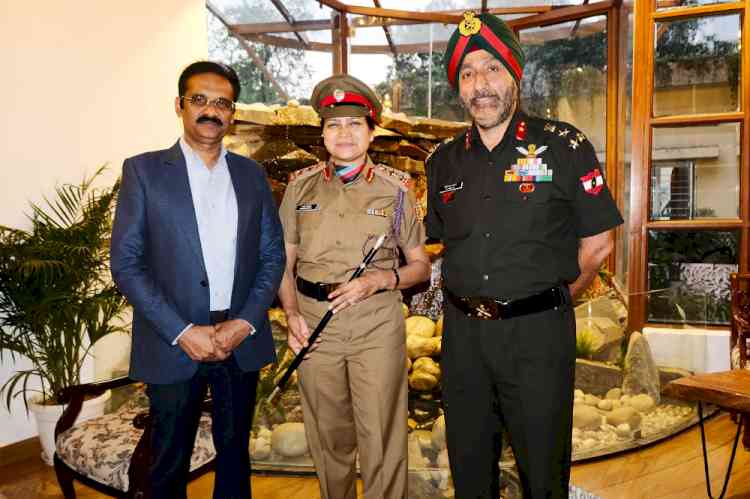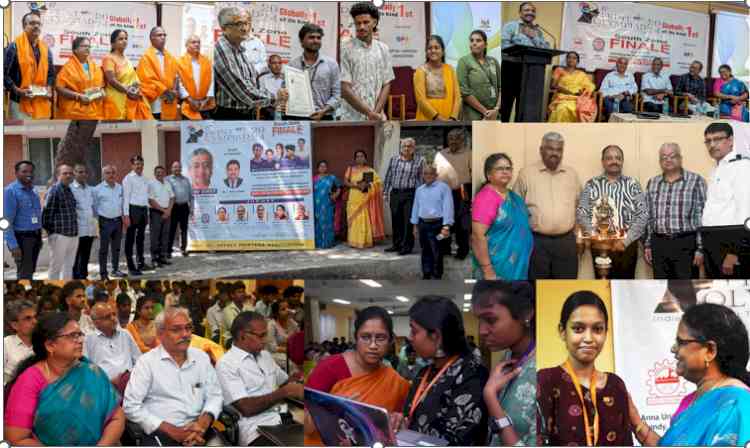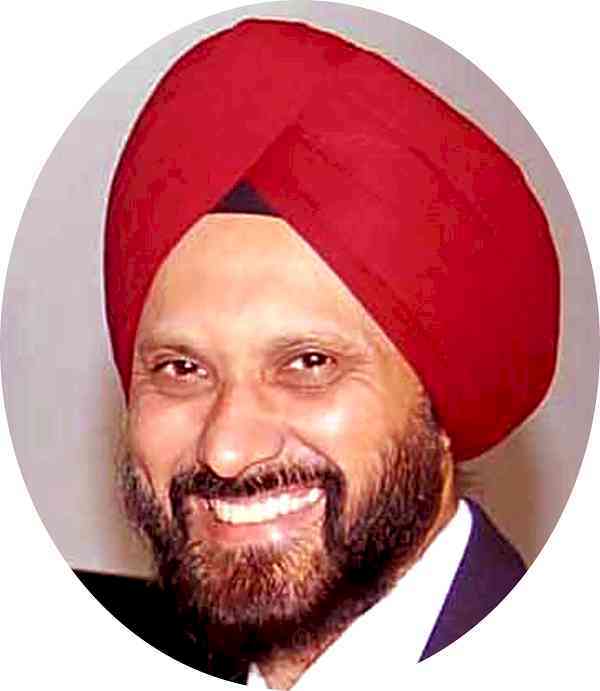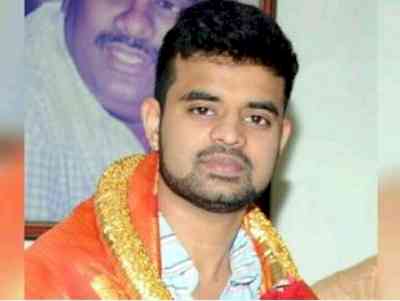SC commutes two convicts' death sentence to life term
New Delhi, May 21 (IANS) The Supreme Court Wednesday commuted the death sentence to life imprisonment of two convicts involved in an attack on the American Center in Kolkata in 2002, holding that their crime was grave but did not warrant death...

New Delhi, May 21 (IANS) The Supreme Court Wednesday commuted the death sentence to life imprisonment of two convicts involved in an attack on the American Center in Kolkata in 2002, holding that their crime was grave but did not warrant death penalty.
The attack took place Jan 26, 2002, in which five people - all policemen - were killed and 13 were injured.
Seven people were tried in the case. Five were given varying terms of imprisonment and two were awarded death sentence by the trial court. The same was upheld by the Calcutta High Court.
Commuting the death sentence, the apex court bench of Justice A.K. Patnaik and Justice Fakkir Mohamed Ibrahim Kalifulla held that Aftab Ahmed Ansari, one of the convicts, will undergo life imprisonment till the end of his life.
The court also held that the terror attack could not be bracketed with the 2002 attack on Parliament House, the 26/11 Mumbai terror attack, and the attack on the Red Fort In Delhi.
The other convict, Jamaluddin Nasir, will undergo life imprisonment of 30 years without remission.
"These appeals are partly allowed to the extent that the imposition of death penalty is set aside and imposition of death penalty is modified into one of life," the court said in its judgment.
"In the case of Aftab, life imprisonment should be suffered by him till the end of his life, and in case of Nasir, life imprisonment should be for a minimum 30 years without remission," the court ruled.
On the nature of the crime, the court said this case could not be equated with the Dec 13, 2001, Parliament House attack or with the Ajmal Kasab case.
The court said the facts related to the attack on the Red Fort were different from the present case and hence cannot be used for deciding the sentence.
Referring to earlier judgments of the apex court, including that of the constitution bench, the court said the case does not fall in the category of "rarest of the rare cases" though it calls for stringent punishment.
"We are convinced that while the role of Aftab is of very high magnitude, the role of Nasir is slightly lesser in degree as compared to that of Aftab, though the magnitude of the crime committed by both of them along with the other accused cannot be differentiated amongst them," Justice Kalifulla said.
On the evidence on record, the court found that Aftab, "though was operating behind the screen, he was the brain behind the whole scene of occurrence".
"He was the mastermind and schemed it in such a way to make it appear as though he had no role to play, but in reality he formulated the evil design and by using Asif, Nasir, Zahid, Salim, Sadakat and the rest of the conspirators, he executed the inferno successfully to the detriment of the state," the court said.
The court said Nasir mainly acted on the directions of Aftab and the other accused, but on "many occasions he also played a key role, such as arranging for fake passports, getting premises for the gang members to hold their meetings for conspiracy, accommodating the arms and ammunitions, drawing the required sketch to carry out the operation at the targeted place (viz) American Center".
The court also said the offences were "devilish, diabolic, horrendous, vicious and wicked".

 cityairnews
cityairnews 
















